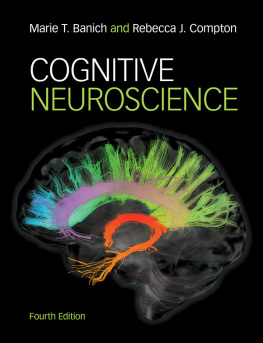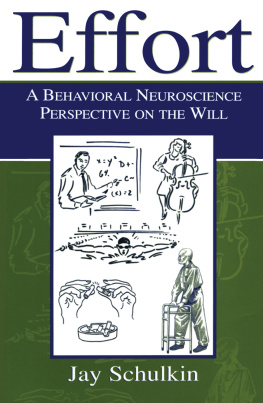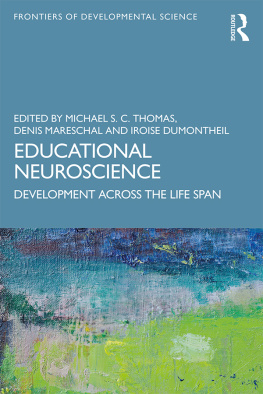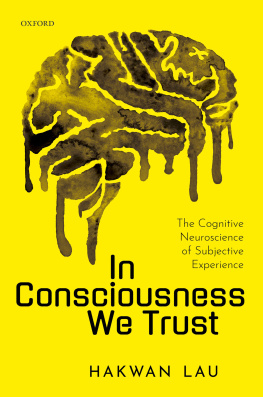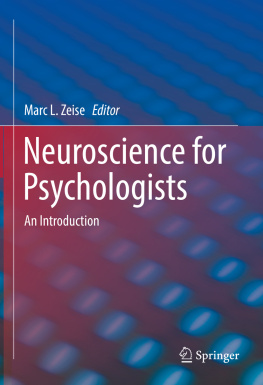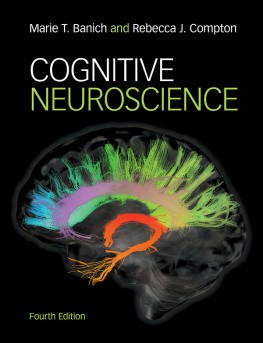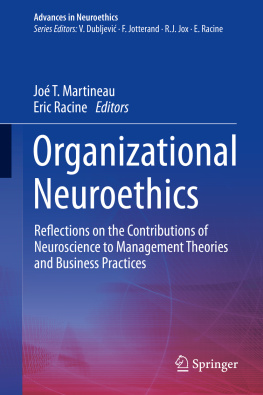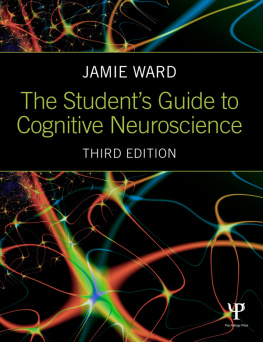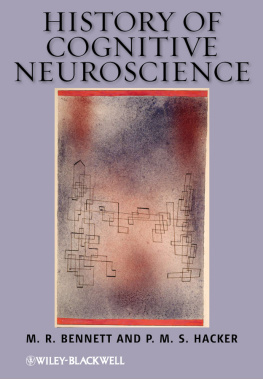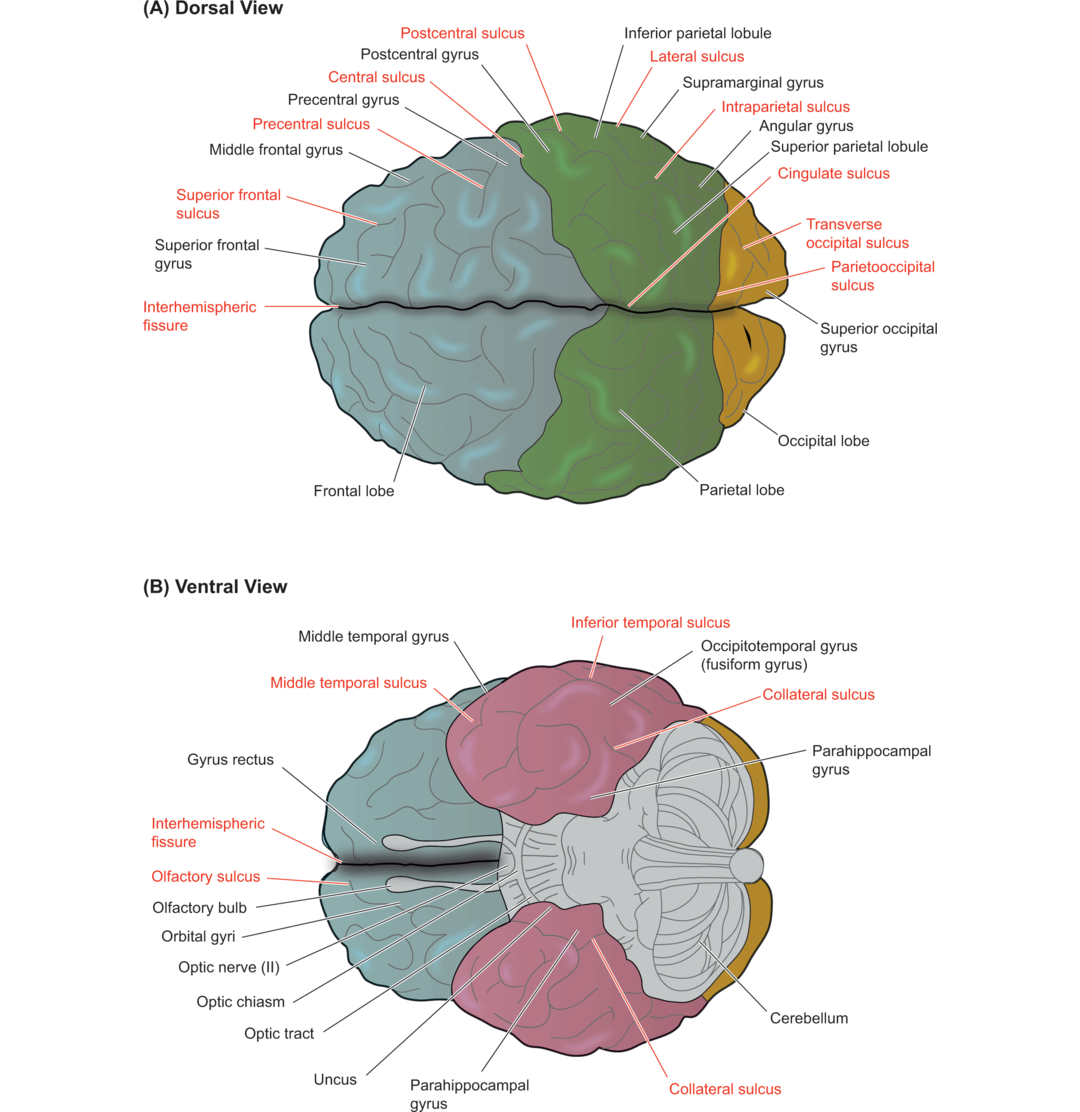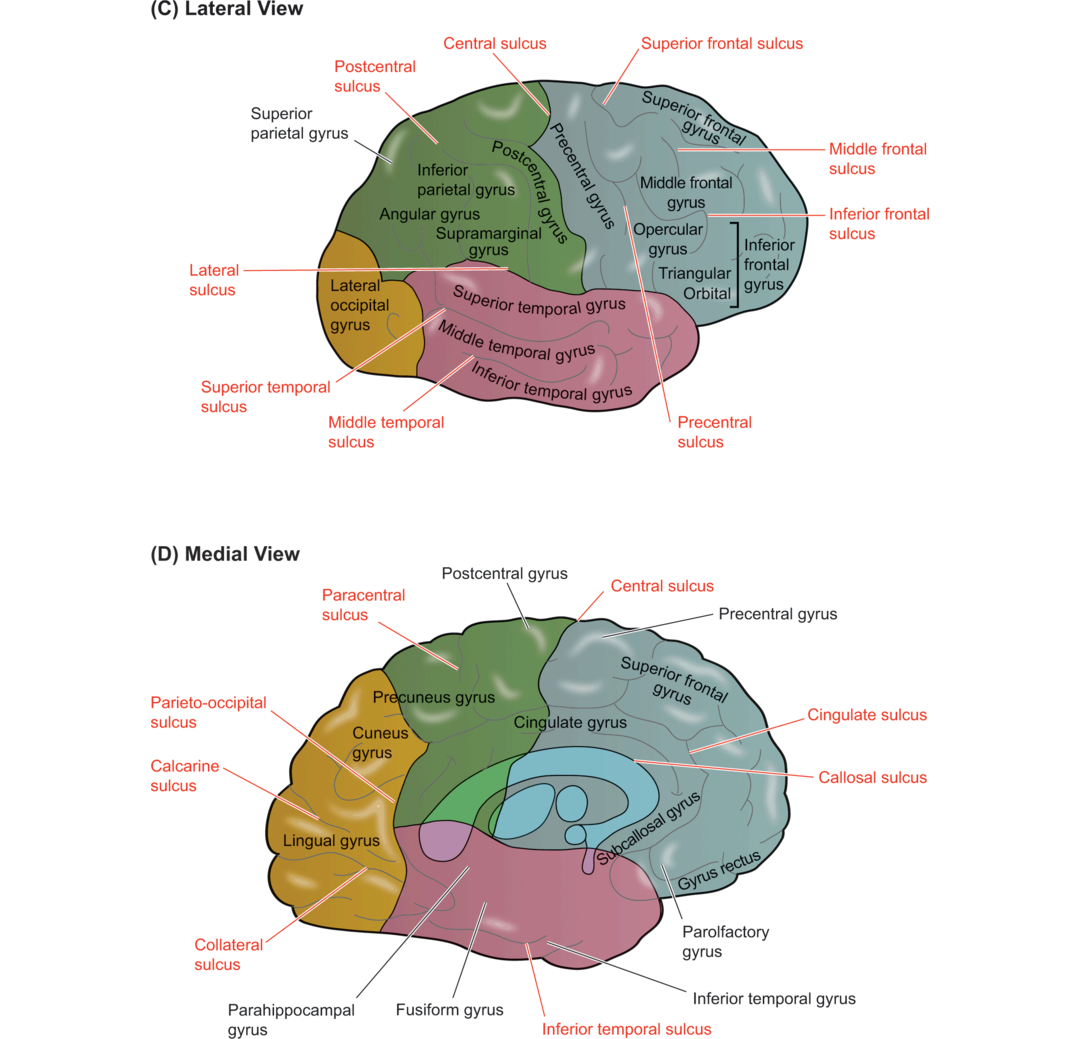Updated fully, this accessible and comprehensive text highlights the most important theoretical, conceptual, and methodological issues in cognitive neuroscience. Written by two experienced teachers, the consistent narrative ensures that students link concepts across chapters, and the careful selection of topics enables them to grasp the big picture without getting distracted by details. Clinical applications such as developmental disorders, brain injuries, and dementias are highlighted. In addition, analogies and examples within the text, opening case studies, and In Focus boxes engage students and demonstrate the relevance of the material to real-world concerns. Students are encouraged to develop the critical thinking skills that will enable them to evaluate future developments in this fast-moving field. A new chapter on Cognitive Neuroscience and Society considers how cognitive neuroscience issues relate to the law, education, and ethics, highlighting the clinical and real-world relevance. An expanded online package includes a test bank.
Marie T. Banich uses brain imaging techniques to understand the neural systems that enable us to direct actions and thoughts in a goal-oriented manner, often referred to as executive function. Her research findings have been published in leading journals, including Science . Among her professional experiences, Professor Banich has been a member of the MacArthur Foundation on Adolescent Development and Juvenile Justice, a Fulbright Senior Scholar in Verona, Italy, and a recipient of a James Cattell sabbatical award. Currently she serves as the co-Principal Investigator for the Colorado site of the Adolescent Brain Cognitive Development study, an unprecedented 10-year longitudinal study that uses neuroimaging to provide an unrivaled window on development of the adolescent brain and its influences on cognitive and emotional development.
Rebecca J. Compton has taught at Haverford College since 1999 and in 2012 she received Haverfords prestigious Lindback Award for Distinguished Teaching. She received her BA from Vassar College and her PhD in biological psychology from University of Chicago. She is the recipient of several NSF and NIH grants for research in primarily undergraduate institutions and has served on the Education and Training Committee of the Society for Psychophysiological Research.
University Printing House, Cambridge CB2 8BS, United Kingdom
One Liberty Plaza, 20th Floor, New York, NY 10006, USA
477 Williamstown Road, Port Melbourne, VIC 3207, Australia
314321, 3rd Floor, Plot 3, Splendor Forum, Jasola District Centre, New Delhi 110025, India
79 Anson Road, #0604/06, Singapore 079906
Cambridge University Press is part of the University of Cambridge.
It furthers the Universitys mission by disseminating knowledge in the pursuit of education, learning, and research at the highest international levels of excellence.
www.cambridge.org
Information on this title: www.cambridge.org/9781107158443
DOI: 10.1017/9781316664018
Cambridge University Press 2018
This publication is in copyright. Subject to statutory exception and to the provisions of relevant collective licensing agreements, no reproduction of any part may take place without the written permission of Cambridge University Press.
First published 2018
Printed in the United States of America by Sheridan Books, Inc.
A catalogue record for this publication is available from the British Library.
ISBN 978-1-107-15844-3 Hardback
ISBN 978-1-316-50790-2 Paperback
Cambridge University Press has no responsibility for the persistence or accuracy of URLs for external or third-party internet websites referred to in this publication and does not guarantee that any content on such websites is, or will remain, accurate or appropriate.
Contents
Contents
Preface
THE FOURTH EDITION of this book, although extensively revised, retains the spirit, organization, and many of the features of the first three editions. Like the earlier editions, it provides a systematic introduction to the neural basis of mental function. It includes state-of-the-art research from experimental work performed with humans and animals, as well as findings from clinical populations. The goal, as before, is to provide a balanced, synthesized, and integrated view of what we know both about the brain and about cognition. Simultaneously, the text aims to provide these views in accessible prose that will excite students to think critically about the potential of cognitive neuroscience to yield new insights.
While the entire text has been revised and updated, two sets of major changes are especially notable. First, the content of the book has been modified in line with the changing nature of the field. The introductory chapters have been reorganized to provide an integrated overview of the nervous system at both cellular and neuroanatomical levels in ). The inclusion of these chapters reflects rapid expansions in new research in these subfields combined with awareness of the need for cognitive neuroscientists to address questions of societal interest. In addition, material on hemispheric specialization from prior editions has been integrated with coverage throughout the text, rather than parceled into a separate chapter as in prior editions. Second, the book has been revised to make the content more accessible to students. It has been rewritten to focus on major concepts and to present them, and the experiments that support them, in a way that makes the critical ideas clear to students without bogging them down in detail. Finally, recognizing the importance of visual elements in learning, the four-color art program has been completely revised with an expanded set of figures in every chapter.
In addition to these major changes, every chapter has been thoroughly updated to reflect current findings in the fast-growing field of cognitive neuroscience. While the current edition still includes findings from traditional methods, such as the study of brain-damaged patients, which have provided foundational knowledge to the field, we pay special attention to the integration of findings from a variety of newer approaches, including transcranial magnetic stimulation, diffusion tensor imaging, multi-voxel pattern analysis, and studies examining functional connectivity. Throughout, our intention is to provide students with a thorough and solid grounding in the basic principles and findings of cognitive neuroscience, tools that they can then use to further understand applied and clinical problems.

